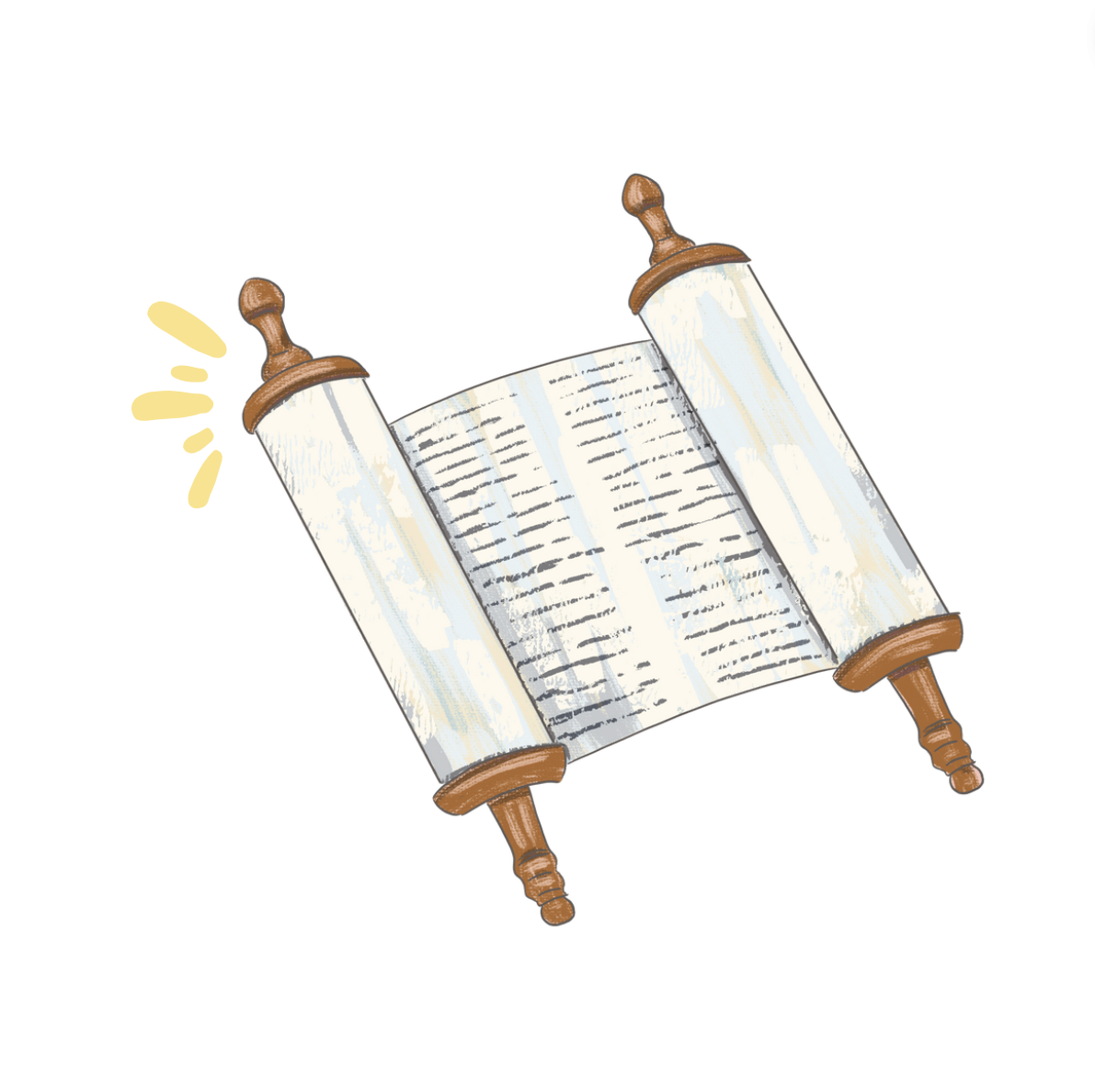The holiday of Purim, which is coming up in just a few weeks, is a festive and joyful one, filled with costumes, carnivals, and revelry. But the celebrations belie the seriousness of the Book of Esther, which tells the story of Purim. While we read about vain kings, wicked courtiers, and evil plots, the Book of Esther is ultimately about a woman who reveals her previously hidden identity, approaches those in power despite the risk to herself, and uses her platform to protect the Jewish people.
When Queen Esther’s uncle urges her to inform her husband, King Achashverosh, about a plot to annihilate the Jews of the Persian Empire, he says the following: “If you keep silent in this crisis, relief and deliverance will come to the Jews from another quarter, while you and your father’s house will perish. And who knows, perhaps you have attained to royal position for just such a crisis” (Esther 4:14).
With these powerful words in mind, Esther steps up, informs the king that she is Jewish, and tells him that someone in the palace has devised a plot against her people. The king is receptive to her plea, and he orders the evil edict reversed.
Timing is always interesting. Just as we are about to recount an ancient protest, we are currently witnessing a modern protest to safeguard democracy in Israel.
If you have been following the news in Israel, you will know that hundreds of thousands of people are gathering in Jerusalem, Tel Aviv, and all over the country to protest legislation that will overhaul the judicial system. Supporters of the new legislation say that it will provide a check on the Supreme Court. But critics–including the many protestors—fear that it will render the Supreme Court completely powerless, stripping it of the ability to operate independently of the ruling government. The political party in power would have carte blanche to pass any and all legislation, without an institution to check its legality.
Outside the Knesset (Parliament), people are singing Hatikvah, the Israeli national anthem, and holding huge printouts of Israel’s Declaration of Independence. Videos of the demonstrations show seas of blue and white flags. One of the chants is a parody of a Purim song that we teach at HSP. The legend is that Haman, the evil courtier who devised the plot, wore a triangular hat. The song goes: “My hat, it has three corners.” The chant, modified for these protests, states: “My government, it has three branches.”
These protests are political, but they are not really about any particular politician. Instead, they are about the principles outlined in Israel’s Declaration of Independence: that Israel is to be a place of “Jewish immigration…for the Ingathering of Exiles…[of] complete equality of social and political rights to all its inhabitants irrespective of religion, race or sex…freedom of religion, conscience, language, education and culture.” In other words, from its inception, the State of Israel was to be both a Jewish nation and a democratic nation. It has always been a point of pride that Israel is the only democracy in the Middle East. It has to stay that way.
Those of us who live in the United States know how scary it is when democracy is tested. Now, it’s happening in another country that we love. When something of such a magnitude unfolds thousands of miles away, it can make us feel powerless. But instead of removing ourselves or watching in despair, we should remember Mordechai’s message to Esther. If Haman’s plot to kill the Jews were to be successful, her status as Queen wouldn’t protect her. She would perish, too. Today, I fear that the international community would blame all Jews—including those who live in the Diaspora—if Israel were to become an undemocratic country. It could trigger renewed waves of global antisemitism.
Unfortunately, there hasn’t been enough news coverage of this important moment which, in many ways, is an example of Zionism at its best: Jews living in the Jewish State exercising their sacred right—safeguarded by a Jewish democracy—to protest against the government.
So many Israelis are stepping up to the challenge, just as Queen Esther did in the story of Purim. As Rabbi Galit Cohen-Kedem, our partner in Israel who serves Congregation Kodesh v’Chol, recently reminded me, this is a moment to keep faith in the kind of country we want the Jewish homeland to be: a place that safeguards the rights to free speech and religion (including non-orthodox Judaism, practiced in communities like ours, which is also under attack), and, to quote the Declaration of Independence, a place of “freedom, justice and peace as envisaged by the prophets of Israel.”
Shabbat shalom,
Deena

